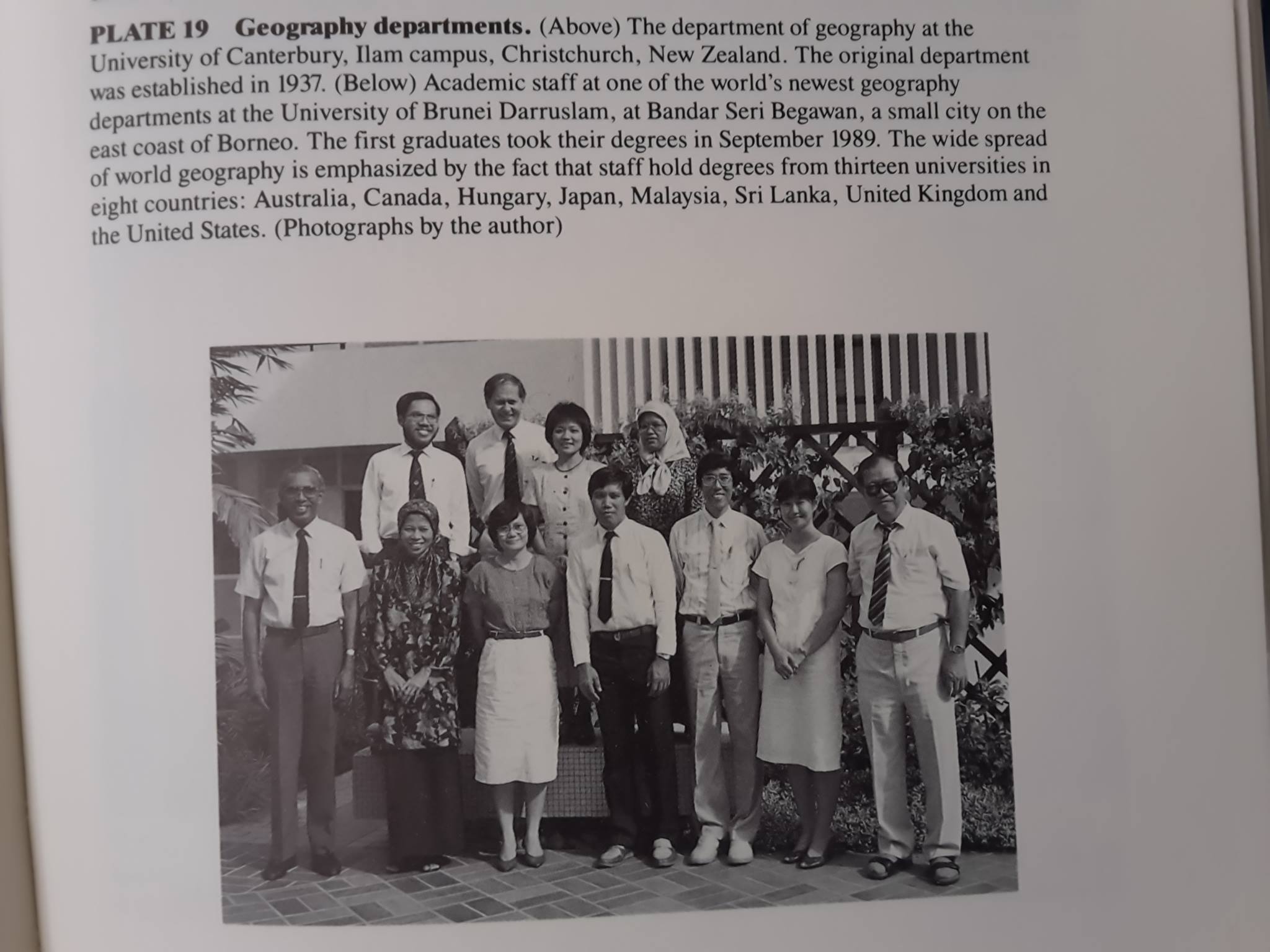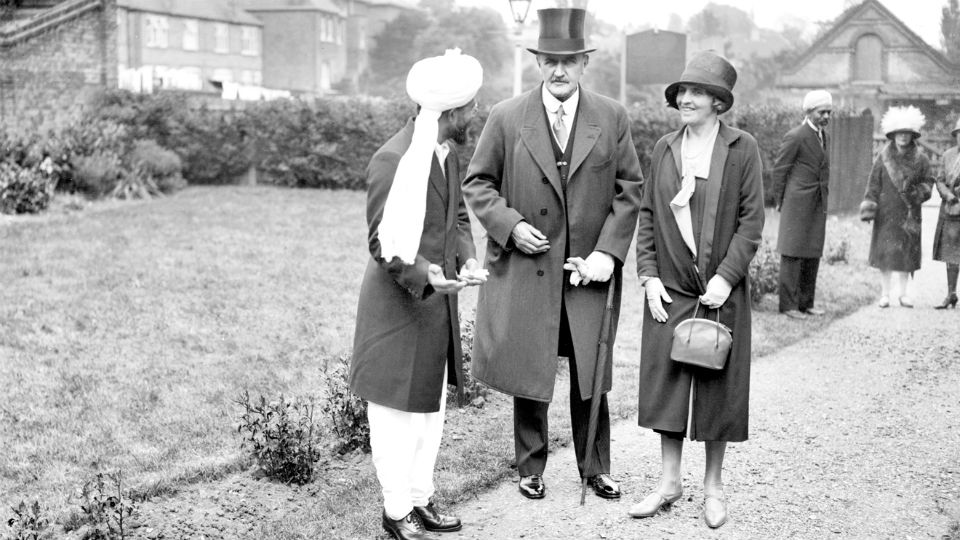I simply can’t believe this entry on Fundamentalism by Bassam Tibi in the SAGE Encyclopedia of Political Theory (2010).
It propagates as the process of “secular globalization” the so-called “Westphalian system of nation-states”, which is actually a historical myth of Eurocentric scholars. As if it was a natural process. And as if globalization happened only because of and at the time of “European expansion”. And as if it was simply “expansion”. And the text strips all historical context of imperialism and colonial realities, and transmutes it into a “secular process of globalization”. Then opposes it with only one thing: Islam fundamentalism. As if fundamentalism cannot be something else from “Islamism”. And it also constructs the false Eurocentric dichotomy of “secular” and “religious” states, suggesting that the latter is fundamentalist. Oh yes, and how about when Europeans highlight their “Christianity” against “Islam”, isn’t that an ironic appeal then?
“The overarching context of fundamentalism is the reality of a worldtime of globalization. In fact, each civilization is based on a particularism of its own time documented in its own calendar. Additionally, one can speak of premodern civilizations while avoiding evolutionary thinking. There are also civilizations that are not secular and therefore religion based. The historical roots of contemporary and modern globalization are the process of the European expansion. The related processes are viewed as an expansion of the international society established in the aftermath of the Peace of Westphalia signed in 1648. This globalization is a secular process that results in the mapping of the world into the system of the secular nation-states. It was believed that this mapping was also a part of the universal process of Westernization and secularization. Today, the religious fundamentalisms uprising in non-Western civilizations against the West belie this assumption. Anti-Westernism is, for instance, the substance of Islamist fundamentalism as the vision of a restoration of a religious order against secularity and the West, as well.” (p. 537)
“The concept of divine order is envisaged to challenge and subsequently replace the prevailing Westphalian order of sovereign states. This order is by its origin Western, as a state system was created in the aftermath of the Peace of Westphalia in 1648, but it is the state system of today imposed on the entire world since the wave of decolonization that completed the mapping of the globe into a Westphalian system. This secular political world order is now threatened by religious fundamentalisms, in particular the Islamist one (Philpott, 2002).” (p. 539)
How could they possibly publish this? Outrageous!

